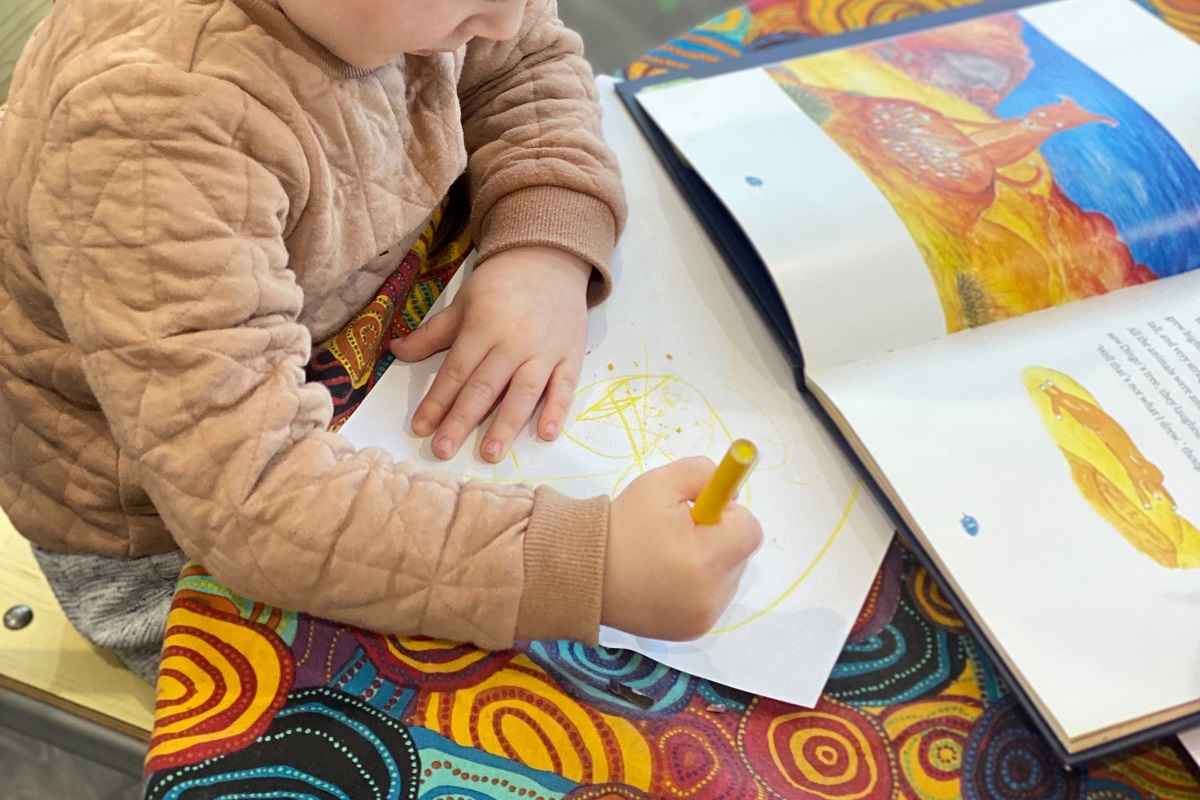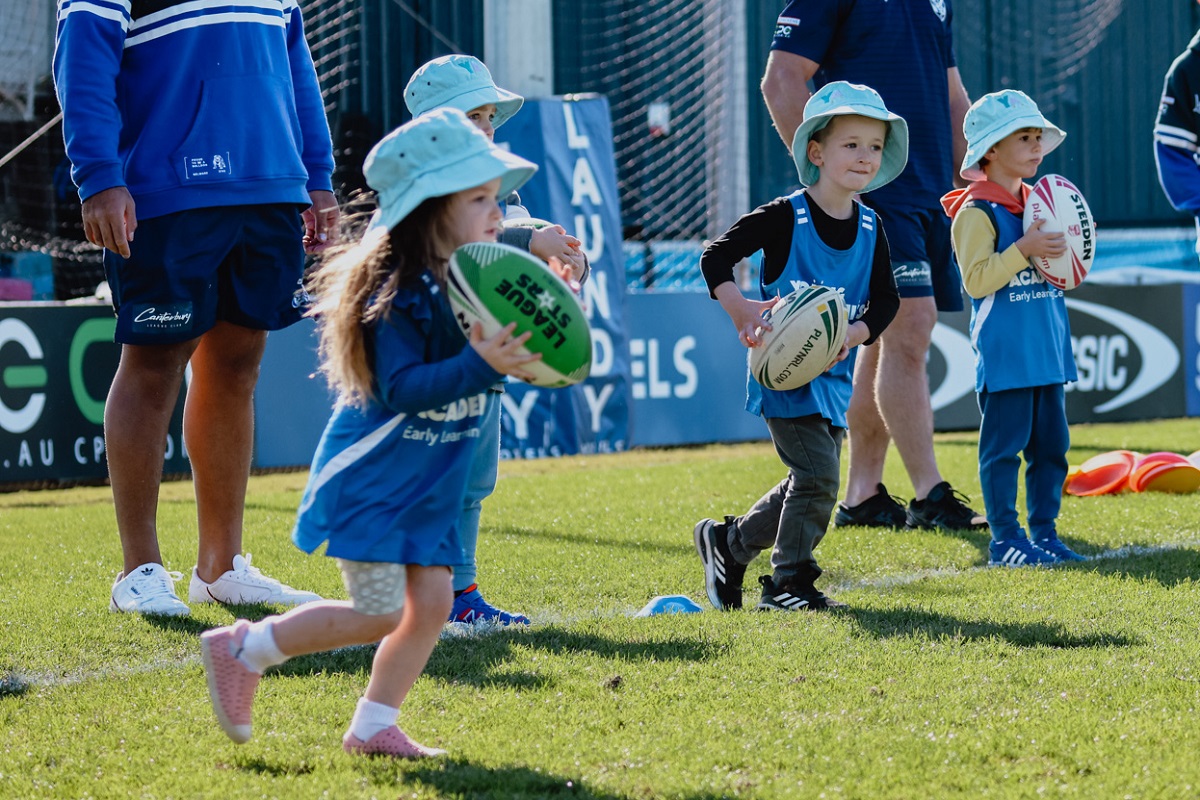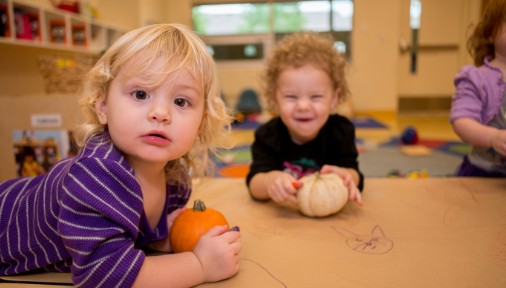Childhood is a time of discovery and learning, and introducing reconciliation activities in childcare creates a foundation for understanding, empathy, and respect. Below we provide a range of engaging activities that childcare providers can incorporate to promote reconciliation, foster cultural awareness, and encourage a sense of unity amongst children in care.
1. Traditional Storytelling Sessions
Start by incorporating traditional Indigenous storytelling sessions into your routine. Invite Indigenous storytellers or elders to share tales that highlight cultural values, traditions, and lessons. These sessions create a captivating introduction to Indigenous perspectives and narratives.
2. Cultural Arts and Crafts
Arts and crafts provide a hands-on approach to learning about Indigenous cultures. Engage children in activities such as creating dream catchers, painting traditional symbols, or making simple crafts inspired by Indigenous art. These projects not only foster creativity but also offer a tangible connection to Indigenous cultures.
3. Language Learning Games
Explore Indigenous languages through interactive learning games. Introduce simple words or phrases from local Indigenous languages, incorporating games that make language learning enjoyable for children. This not only enriches their vocabulary but also instils an appreciation for linguistic diversity.
4. Exploration of Traditional Foods
Culinary experiences can be a delightful way to learn about different cultures. Introduce children to traditional Indigenous foods and involve them in simple cooking activities. This not only teaches them about Indigenous cuisines but also promotes an understanding of the importance of traditional foods.
5. Nature Walks and Connection to the Land
Many Indigenous cultures emphasise a deep connection to the land. Organise nature walks or visits to local parks, incorporating discussions about the significance of the land in Indigenous cultures. Encourage children to observe and appreciate the natural environment.
6. Celebrating Indigenous Holidays and Traditions
Incorporate celebrations of Indigenous holidays and traditions into your childcare program. This could include observing events like National Indigenous Peoples Day, learning about specific cultural celebrations, or participating in activities that commemorate Indigenous history.
7. Community Collaborations
Strengthen your centre’s connection to the local Indigenous community by collaborating with community members. Invite Indigenous artists, musicians, or elders to engage with the children, share their talents, and provide valuable insights into their cultural heritage.
8. Interactive Cultural Games
Incorporate Indigenous games that promote teamwork, cooperation, and physical activity. Games such as the hoop and pole game or the traditional Inuit blanket toss can be adapted for childcare settings, offering children a fun and interactive way to learn about Indigenous games.
9. Creating a Reconciliation Garden
Establish a reconciliation garden within your childcare space. Planting native plants and flowers, along with Indigenous storytelling stones or markers, creates a living tribute to reconciliation. Children can actively participate in caring for the garden, fostering a sense of responsibility and connection.
Exploring reconciliation activities in childcare not only enriches the educational experience for children but also lays the groundwork for a more inclusive and harmonious society. By embracing Indigenous perspectives, traditions, and activities, childcare providers contribute to shaping compassionate, culturally aware, and respectful individuals who will carry these values into the future.







